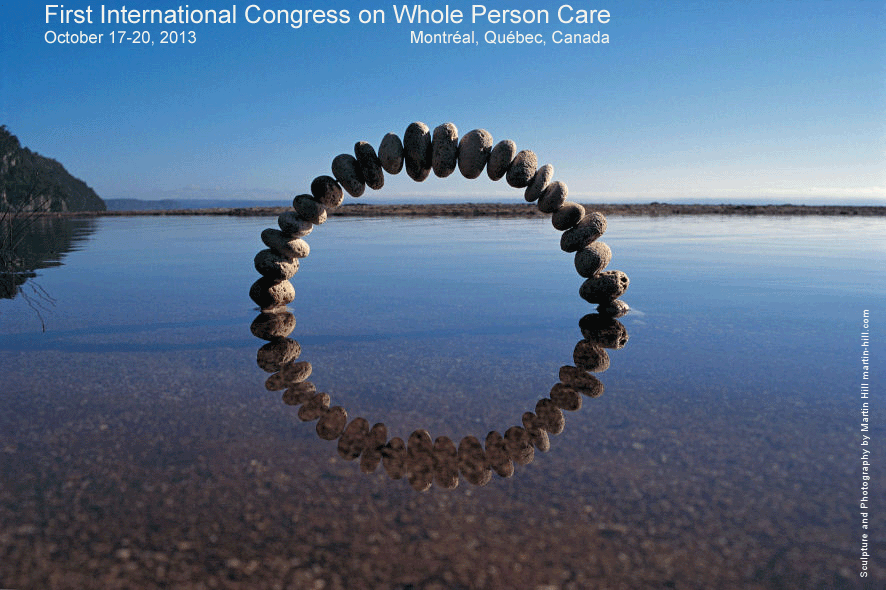Facilitating Whole Person Care Using Video Reflexive Ethnography
Main Article Content
Abstract
Aim: Explore the application and potential of video reflexive ethnography (VRE) to facilitate whole person care (WPC).
Objectives: Discuss the ethical issues associated with VRE; explore the foundations of the methodology; and discuss its potential to facilitate WPC.
Description: WPC requires a paradigm shift in how we see those we care for, how we see our co-workers and how we see ourselves. VRE involves videoing real-time everyday clinical practice and or patient and family accounts of care, and then involving participants to analyse the visual data that they feature in or have gathered themselves. Uniquely, video footage can challenge the taken for granted and attune people to dimensions of themselves and others that they might not otherwise have considered. This has the potential to open people up to alternative ways of thinking and perceiving, being and acting. It offers “transformative potential” towards WPC.
We draw from our diverse disciplinary perspectives to explore the potential of VRE as a tool to facilitate WPC. Using specific examples from five research studies, this workshop will demonstrate the use of VRE in a variety of health care contexts. The contexts of the studies we draw from include: end of life care; autism diagnostics; infection control, and intensive care.
The workshop proceeds in four parts. We first invite you, the participant, to engage in a video reflexive event, where you are expected to reflect on the socio-interactive conduct that you produce as a group in response to a specific task. We then describe the process of VRE, outline its pedagogic and theoretical foundations, and present some examples from our research. We then invite questions about the theoretical basis and practical approach of VRE. Finally, participants will be asked to project a version of reflexive video onto their 'home' area of research, and reason about potential outcomes.
1. Carroll, K., Iedema, R. and Kerridge, I. 2008, 'Reshaping ICU Ward Round Practices Using Video Reflexive Ethnography', Qualitative Health Research, vol. 18, no. 3, pp. 380-390.
2. Collier, A. 2012, 'Safe Healing Environments', in N. Godbold and M. Vaccarella (eds), Autonomous Responsible Alone: The Complexities of Patient Empowerment, Interdisciplinary Press, London, pp. 155-170.
3. Iedema, R. 2011, 'Creating Safety by Strengthening Clinicians' Capacity for Reflexivity ', British Medical Journal, vol. 20, pp. S83-S86.
4. Iedema, R. and Carroll, K. 2011, 'The 'clinalyst': Institutionalising reflexive space to realise safety and flexible systematisation in health care', Journal of Organisational Change Management vol. 4, no. 1, pp. 65-86.
5. Iedema, R., Long, D., Forsyth, D. and Lee, B.B. 2006, 'Visibilising Clinical Work: Video ethnography in the contemporary hospital', Health Sociology Review, vol. 15, pp. 156-168.
Article Details
Authors retain copyright and grant the journal right of first publication with the work simultaneously licensed under a Creative Commons Attribution License that allows others to share the work with an acknowledgement of the work's authorship and initial publication in this journal. Creative Comons 4.0 CC-BY
Authors are able to enter into separate, additional contractual arrangements for the non-exclusive distribution of the journal's published version of the work (e.g., post it to an institutional repository or publish it in a book), with an acknowledgement of its initial publication in this journal.
Authors are permitted and encouraged to post their work online (e.g., in institutional repositories or on their website) prior to and during the submission process, as it can lead to productive exchanges, as well as earlier and greater citation of published work (See The Effect of Open Access).
